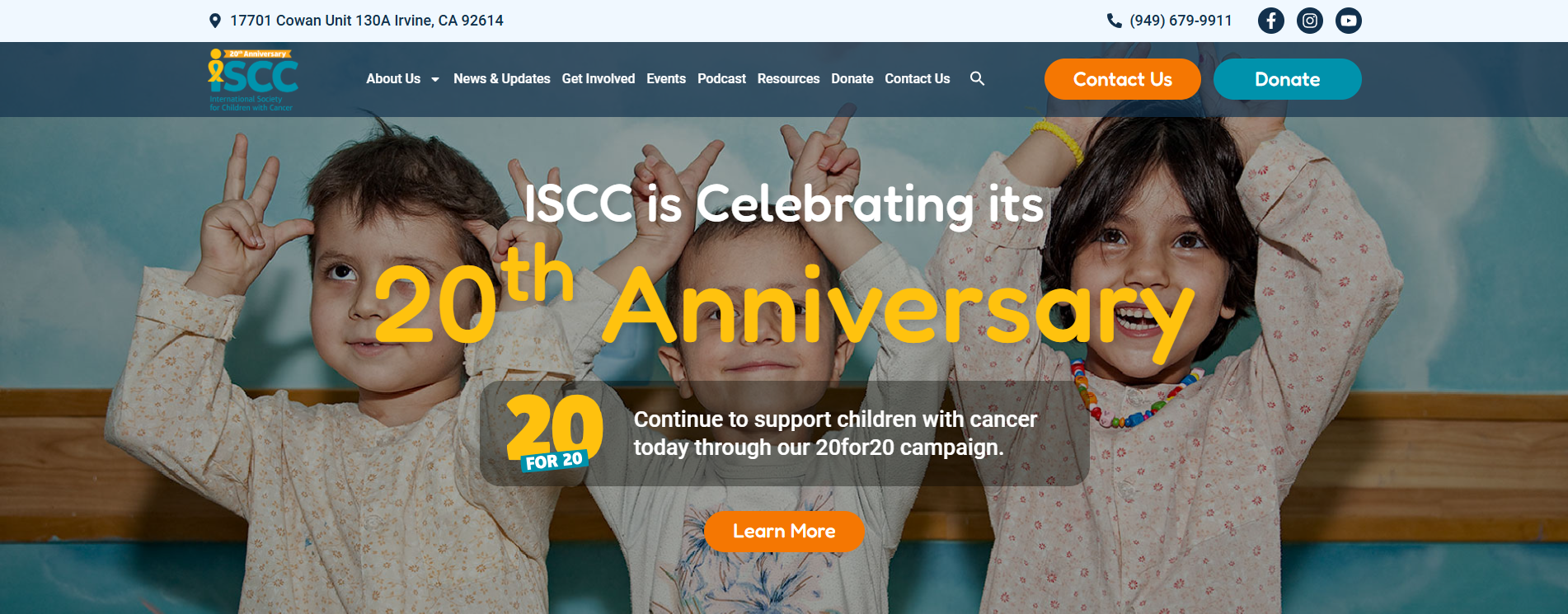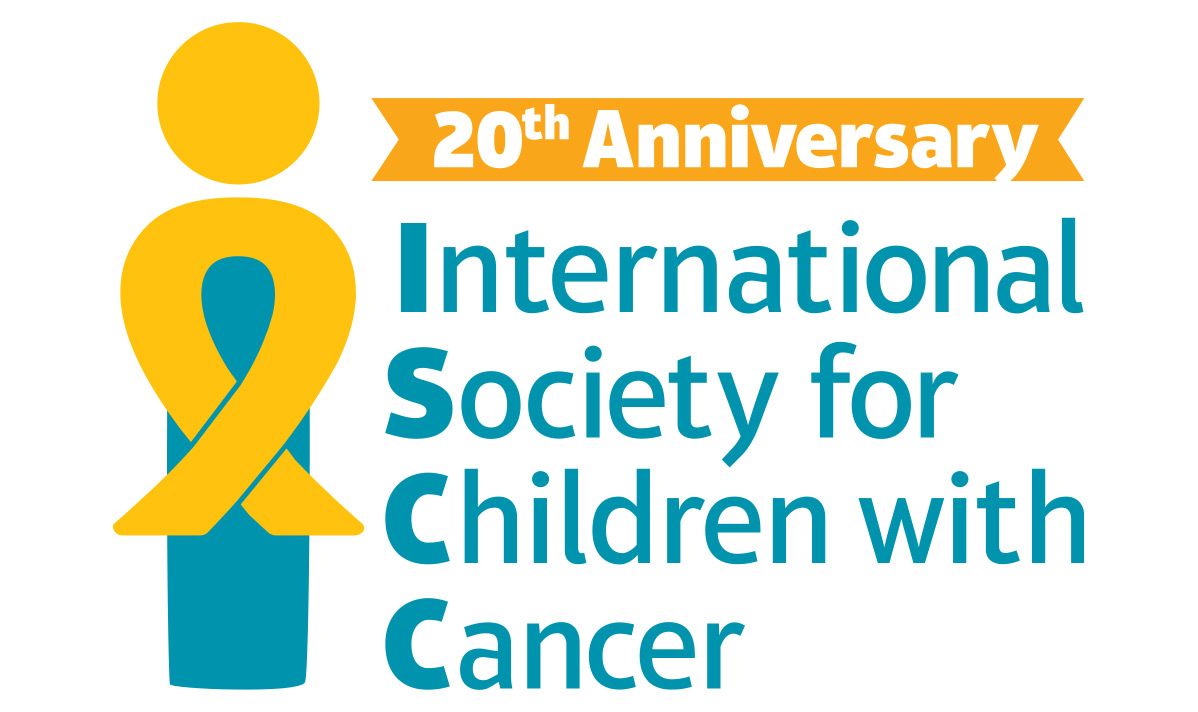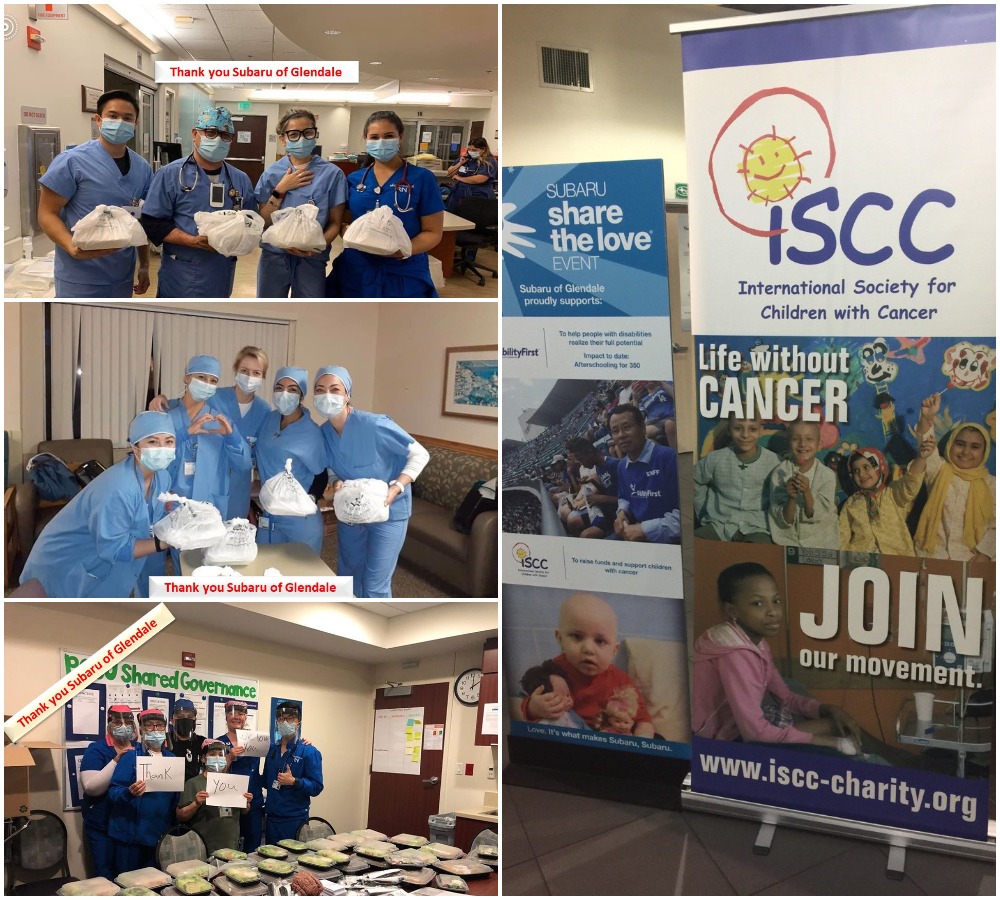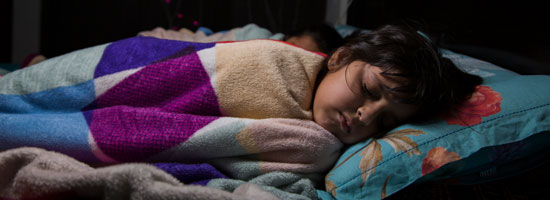Having a doctor tell you that your child has cancer is one of a parent’s worst nightmares. Not only are you afraid for your child, but the unfamiliar terminology and various treatment options can raise a myriad of questions. The following provides answers to the most common questions that parents have after their child receives a cancer diagnosis.
Q: What caused my child’s cancer?
A: It is almost impossible to determine why a particular child develops cancer. Certain types of cancer may have a genetic component, but in most cases the cause remains unknown. The one thing that is clear is that the cancer is not the result of anything you did or didn’t do as a parent.
Q: Should my other children be checked for cancer?
A: The specific type of cancer and family history will determine if there is any risk to other family members. In the vast majority of cases, it is not necessary to check other family members.
Q: How is cancer treated?
A: The three primary forms of cancer treatment are surgery, chemotherapy, and radiation. Surgery attempts to remove cancerous tumors and affected tissue from the body. Chemotherapy uses potent drugs to attack the cancer cells. These drugs may be administered orally or intravenously. Radiation therapy involves using high-energy rays either inside or outside the body to shrink cancer cells. Other forms of treatment include stem cell and bone marrow transplants.
Q: What are the potential side effects of cancer treatment?
A: Side effects vary depending on the individual and the particular treatment. Many side effects can be managed with other medications. The most common side effects include:
• Fatigue
• Nausea or vomiting
• Hair loss
• Increased risk of infections
• Increased bleeding or bruising
• Anemia
• Skin irritation
• Mouth sores
Q: How do I know which type of treatment is best for my child?
A: Your pediatric oncologist will recommend appropriate treatment options depending on a number of factors, including:
• The type and stage of the cancer
• The child’s age and overall condition
Q: What is remission?
A: There is a misconception that remission means the cancer is cured, which is not necessarily the case. A complete remission means that the individual has no signs or symptoms of cancer and cancer cells cannot be detected by available tests. A partial remission means that the cancer cells have shrunk but are still present. Remission may last weeks or even years. Over time, a complete remission may be considered a cure.











